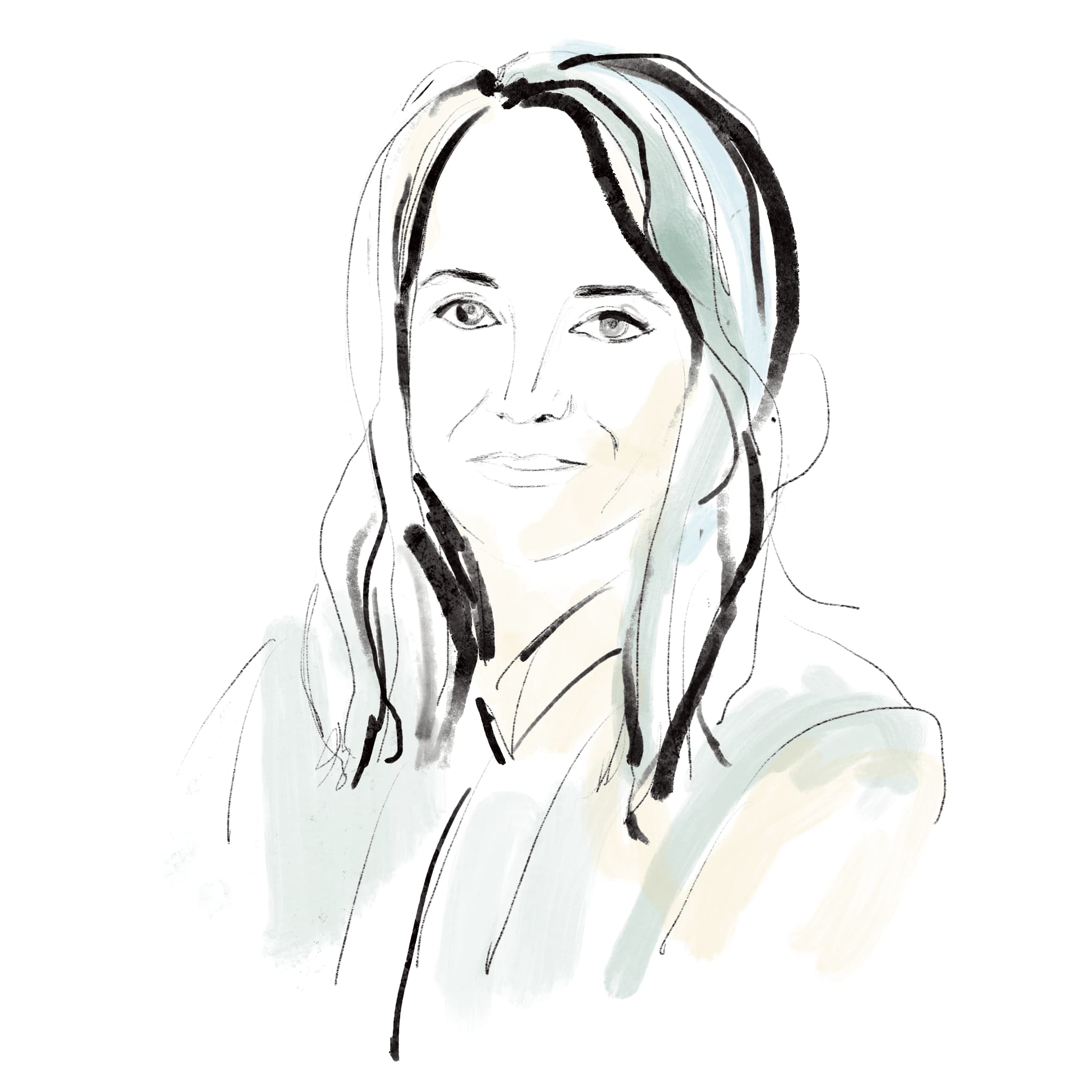Suppose there is a sudden increase in the number of drunk drivers hitting people at crosswalks across the country. As a response, courses have been offered to teach pedestrians to safely cross the street without being hit by a car. In addition, they would learn how to yell "STOP!" out loud whenever a car is approaching.
Sounds absurd, doesn't it?
Well, yes, I do find it absurd, but when it comes to sexualized violence, that is exactly what is happening. Regardless of how the woman, the victim, may have behaved before, during, or after the incident: It is wrong. Always. The assumption toward the woman is straightforward: If she had behaved correctly beforehand, she would not have been subjected to violence. Now that violence has occurred, she shouldn't make a big fuss and ruin a man's life by pressing charges. Rather, let's send her to a self-defense course.
Misplaced responsibilities
According to a new study by Sotomo, one-third of all participants believes men simply can't resist female charms, and one out of five believes people who dress sexy are partly responsible for being harassed.
What's worse, according to the study, one out of three people who are in your circle think that it is not always very clear to them what constitutes consensual sex. Almost half of the respondents find it can be difficult to assess whether or not rape was committed.
It is not surprising yet incredibly frustrating to see that a third of the Swiss population considers women to be partly responsible for the harassment and violence perpetrated against them. We are talking about over two million people that expect women to dress, behave, consume alcohol, and return home in a manner that would not provoke a man to commit violence.
Where is the empathy?
And what about men? A third of the population does not credit a man with being able to distinguish between sex and violence or to be able to control his impulses! Despite all the facts, one in three men believes that rape allegations are frequently fabricated. Speaking of facts, have you known that it is much more probable that a man is raped rather than falsely accused of rape?
Our attitude as a society is very unequivocal toward victims and toward offenders in cases where tragic deeds such as assassinations or robberies are committed. Sympathy goes to the victims, anger to the perpetrators. But when it comes to sexualized violence, this clarity is lacking - especially when the perpetrator and the victim are acquainted with one another. Why is this?
Subtle accusations
When it comes to sexualized violence, a large part of the population operates on the basis of stereotypes and unfounded assumptions. This is hostile to victims and exonerates perpetrators! These so-called rape myths trivialize the extent and consequences of sexualized violence and invalidate the victims.
In recent decades, such rape myths have been extensively researched and disproven many times over. Nevertheless, there are still cultural messages and norms that trivialize and promote sexualized violence. What's the difference between now and the past? The messages rarely come across as ideological and misogynistic ("She deserved it and it's her own fault."), but are rather presented as logical consequences ("She locks her house, after all, the same way she should protect herself in public spaces."), as concerns ("I really hope she learns from her mistakes and doesn't put herself in that kind of situation again."), or as advice ("You probably shouldn't go jogging in the dark!"). These subtler criticisms are just as victim-degrading and perpetrator-relieving, but often go unexposed.
We are living in a rape culture
So long as there is uncertainty about where sex ends and violence starts, sexualized violence is considered a lapse. Therefore it stays invisible - and so do the (nearly exclusively male) perpetrators. And where there are no perpetrators, there is no crime, no victims, and no compassion. Sexualized violence, however, is not an accidental mistake!
I encourage everyone to make sexual violence visible by giving unconditional support to the victims, holding perpetrators accountable, and debunking rape myths. What kind of social behavior do you want to see in a man in 2021? Be clear: Sexual assault is never justifiable. "No" always means no and only "yes" means yes. I'm so sick and tired of this. So fed up with girls and women still being given the feeling that in order for male violence to be stopped, women have to change.
As of 2021, we still live in a so-called rape culture in Switzerland. It consists of social attitudes that downplay, excuse, or simply ignore sexualized violence. Moreover, some of these attitudes are being passed on to the next generation. This must stop. We have to take responsibility for learning a non-violent culture and for unlearning rape culture at the same time.
Agota Lavoyer is a counsellor for victims, an author of children's books and a subject matter expert on sexual violence. She is a speaker and a cyber activist who aims to inform, raise awareness, and remove taboos.

